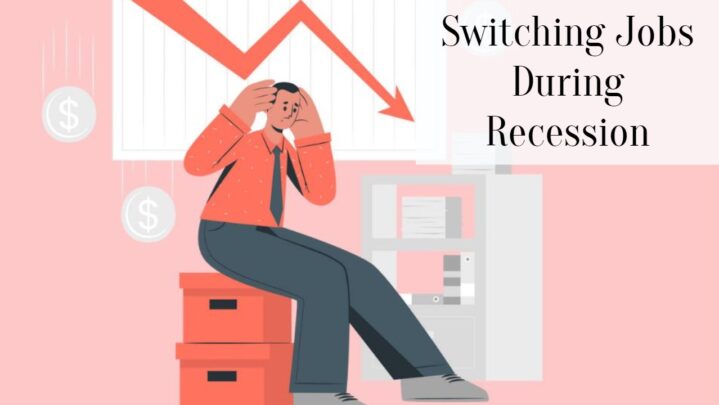The new employment’s stability and capability to give job security should be given the utmost significance. It’s pivotal to conduct an expansive exploration of the company’s fiscal health and employment prospects because the final thing you want to do is leave a secure job just to discover that you’re out of a job during a recession. Be on the lookout for businesses that are flourishing despite the recession or have a proven track record of enduring profitable downturns.
During a recession, networking is extremely pivotal. Ask your colleagues, cousins, and once associates if they know of any employment openings or can give any suggestions. To network with others and discover career chances, go to conferences and networking events.
Your chances of success will increase if you search for employment possibilities that match your qualifications. Suppose enrolling in classes or earning instruments help enhance your capacities and increase your employability.
Finally, think about how changing employment during a recession might affect you down the road. Changing employment for greater income or perks could seem like a smart decision, but you also need to take into account the case of layoffs or future economic downturns. Staying there at work, at least until things get better economically, maybe a good idea.
Changing jobs in a down economy might be a difficult choice, to sum up. You can, however, make an educated choice if you carefully weigh the stability of the new position, network, evaluate your talents, and think about the long-term effects. While switching professions for greater salary or benefits could be alluring, it’s crucial to put job security and stability ahead of those considerations during these times.





